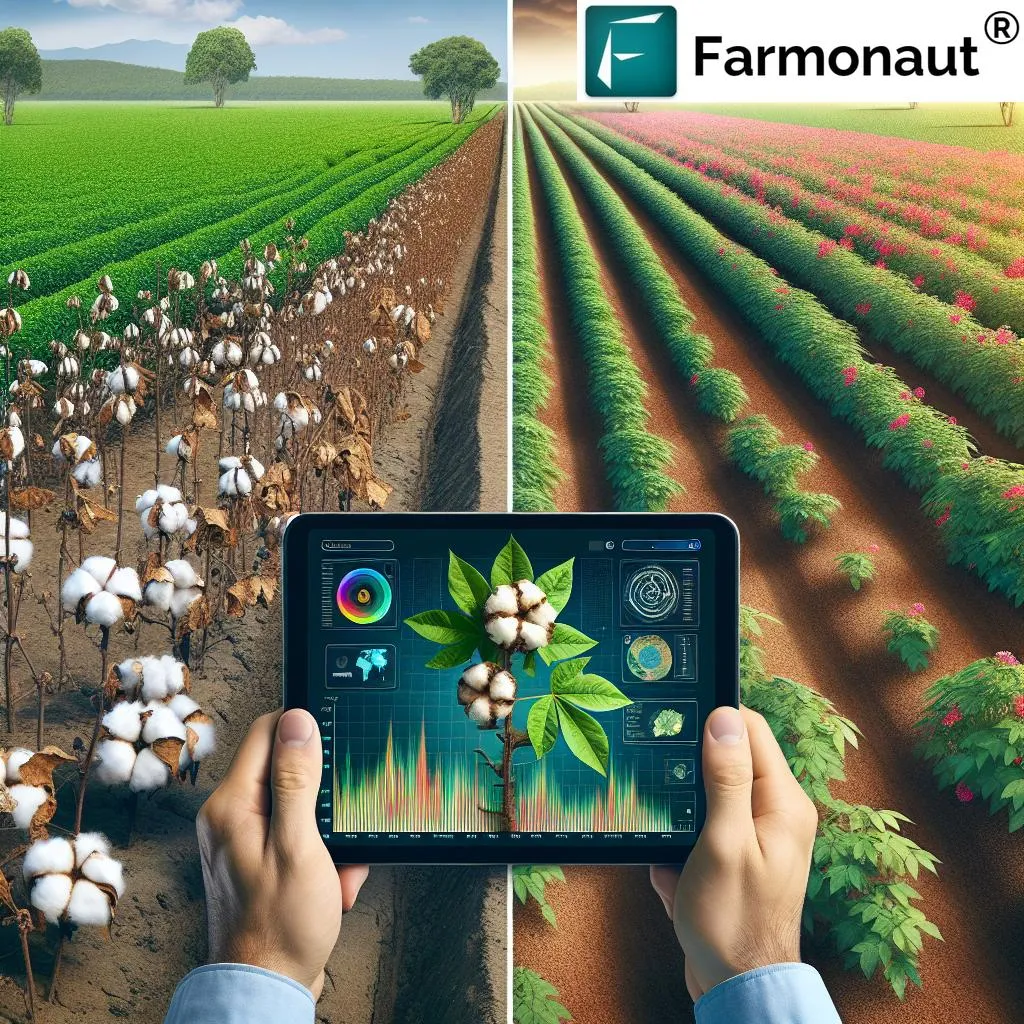In the heart of India’s agricultural landscape, a groundbreaking study is set to revolutionize cotton farming, a sector that sustains over 30 million farmers worldwide. Led by Kamaldeep Joshi from the Department of Computer Science and Engineering at the University Institute of Engineering and Technology, Maharshi Dayanand University, this research leverages the power of deep learning to combat cotton leaf diseases, a significant challenge in precision agriculture.
The study, published in the esteemed journal *Scientific Reports* (translated to English as “Scientific Reports”), introduces a robust method using YOLOv8, a state-of-the-art deep learning model, combined with 10-fold cross-validation for precise cotton leaf disease recognition. This innovative approach aims to enhance cotton yield, reduce costs, and improve crop quality, directly impacting the livelihoods of millions of farmers.
“Deep learning offers a promising solution for disease prevention, detection, and management,” Joshi explains. “Our method achieves an impressive Top_1 accuracy of 99.60% and a Top_5 accuracy of 100%, setting a new benchmark in the field.”
The significance of this research extends beyond the agricultural sector. Cotton is a crucial raw material for the textiles industry, and any improvement in yield and quality directly benefits downstream industries. The energy sector, which relies on cotton byproducts for biofuel production, stands to gain significantly from this advancement.
The proposed method’s consistency across 10 trials, with an average Top_1 accuracy of 98.41% and a Top_5 accuracy of 100%, underscores its reliability and potential for real-world application. “This study is among the first to apply YOLOv8 classification with 10-fold cross-validation for multi-class cotton leaf disease identification using field-captured images,” Joshi adds, highlighting the novelty of their approach.
The implications of this research are far-reaching. By mitigating overfitting through 10-fold cross-validation, the model ensures enhanced generalizability and reliable performance, crucial for practical implementation. The method’s high recall, precision, and F1 score further attest to its effectiveness.
As the world grapples with the challenges of climate change and food security, innovations like this offer a beacon of hope. The integration of deep learning in precision agriculture not only boosts productivity but also promotes sustainable farming practices. This research paves the way for future developments in agricultural technology, promising a greener and more prosperous future for farmers and industries alike.

